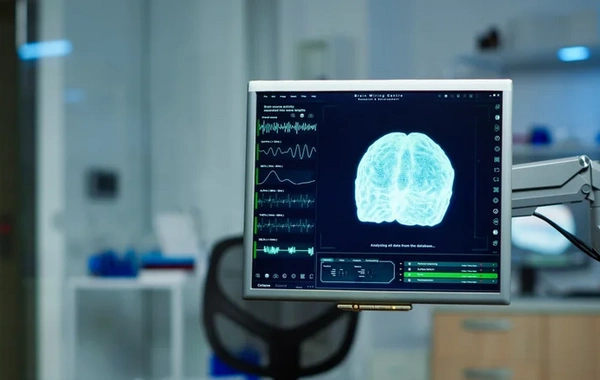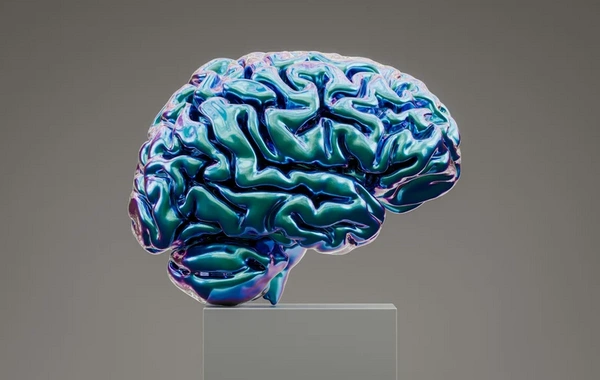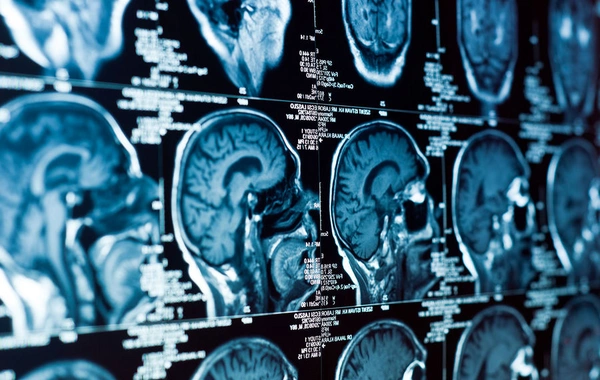Dementia
Dementia
Dementia is a progressive neurological condition affecting millions worldwide, particularly older adults. In 2025, with increasing life expectancy and advancements in medical technology, the issues of diagnosis, treatment, and prevention of dementia are becoming ever more relevant. This article explores the causes, symptoms, types of dementia, and modern approaches to prevention, aiming to help readers better understand this condition and ways to maintain cognitive health.
What is Dementia?
Dementia is not a single disease but a syndrome characterized by a decline in cognitive functions such as memory, thinking, orientation, and the ability to perform daily tasks. It most commonly affects individuals over 65, though it can occur earlier. The most prevalent form is Alzheimer’s disease, accounting for approximately 60–70% of cases. Other types include vascular dementia, Lewy body dementia, and frontotemporal dementia.
Causes and Risk Factors
Dementia results from damage to brain cells caused by various factors. Key causes include:
-
Neurodegenerative Changes: Alzheimer’s disease is linked to the accumulation of amyloid plaques and tau proteins in the brain, disrupting neuron function.
-
Vascular Issues: Strokes or chronic impaired blood flow can lead to vascular dementia.
-
Injuries and Infections: Traumatic brain injuries, HIV, or chronic infections may contribute to dementia.
-
Genetic Factors: Some forms, such as frontotemporal dementia, have a hereditary component.
Risk factors include age, hypertension, diabetes, smoking, obesity, low physical activity, and social isolation. Gender also plays a role: women are more likely to develop Alzheimer’s, while men are more prone to vascular dementia.
Symptoms of Dementia
Symptoms vary depending on the type and stage of dementia but commonly include:
-
Memory loss, particularly of recent events.
-
Difficulty concentrating and making decisions.
-
Challenges with speech and word-finding.
-
Behavioral changes, such as apathy or irritability.
-
Disorientation in time and space.
In later stages, individuals may lose the ability to care for themselves, struggle to recognize loved ones, and experience motor impairments.
Diagnosis and Treatment
Diagnosing dementia involves neuropsychological testing, MRI or CT scans of the brain, and blood tests to rule out vitamin deficiencies or infections. Early diagnosis can slow disease progression. Treatment focuses on symptom management and includes:
-
Medications: Cholinesterase inhibitors (e.g., donepezil) and memantine help improve cognitive function in early stages.
-
Therapies: Cognitive rehabilitation, reminiscence therapy, and physical activity support mental abilities.
-
Support: Psychological counseling and support groups benefit patients and their families.
In 2025, research is advancing new treatments, including immunotherapy to clear amyloid plaques and gene therapy.
Dementia Prevention
While dementia cannot be fully prevented, certain measures can reduce risk:
-
Healthy Lifestyle: Regular exercise, such as walking or swimming, improves brain blood flow.
-
Diet: A Mediterranean diet rich in omega-3s, fruits, and vegetables supports brain health.
-
Cognitive Activity: Reading, learning languages, puzzles, and music stimulate neural connections.
-
Health Monitoring: Regular checks of blood pressure, blood sugar, and cholesterol prevent vascular issues.
-
Social Engagement: Interaction and community involvement reduce the risk of depression and isolation.
Studies in 2025 highlight the importance of sleep: 7–8 hours of quality sleep reduces the buildup of toxic proteins in the brain.
Conclusion
Dementia remains a significant challenge for healthcare, but early diagnosis, modern treatments, and prevention strategies can greatly improve patients’ quality of life. In 2025, the focus is on personalized medicine and healthy lifestyles as key factors in combating this condition. Understanding symptoms and risk factors enables timely intervention, preserving cognitive health for years to come.


















